8 Internet Moments From the Early 2000s That Feel Surreal Now
The internet in the early 2000s had a unique energy to it. Many moments that seemed ordinary then now feel completely surreal. From the days of slow-loading webpages to the rise of early social media, these experiences remind us how much digital life has evolved. It is fascinating to think about how these events shaped the internet we use today.
This post may contain affiliate links, which helps keep this content free. Please read our disclosure for more info.
The Rise of Napster
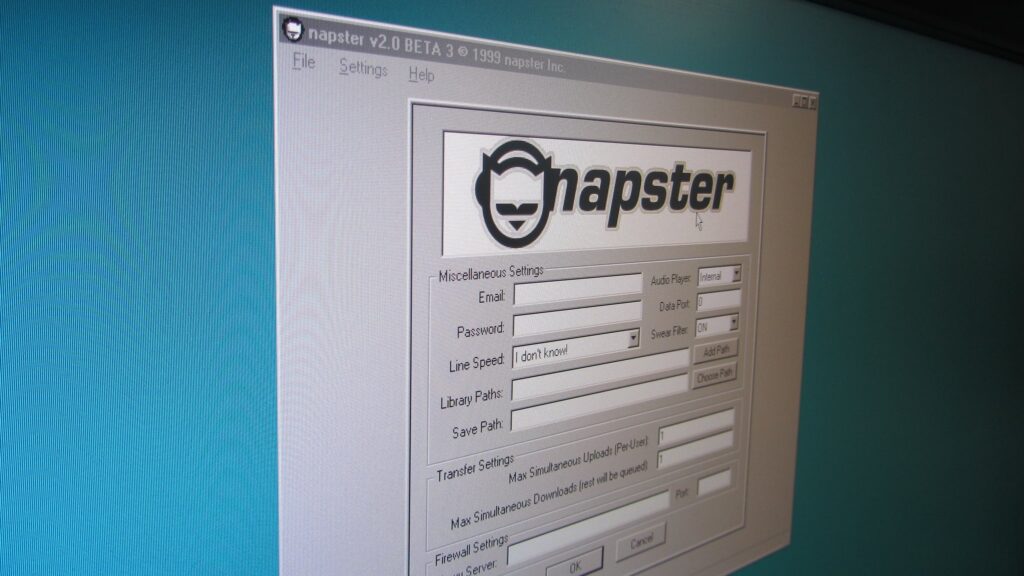
Napster was one of the first peer-to-peer music-sharing platforms that changed how we consumed music in the early 2000s. It allowed users to easily share MP3 files with others, completely disrupting the music industry. While it was eventually shut down due to legal battles, it paved the way for future streaming services like Spotify. The idea of freely downloading music now seems almost absurd given today’s digital music marketplace.
Napster’s impact was immediate, especially among college students who embraced it as a way to access their favorite songs. The music industry’s reaction to it sparked numerous lawsuits, most notably from Metallica and Dr. Dre. Despite its short lifespan, Napster set the stage for digital music consumption, making it a defining moment in early internet history. It is hard to imagine a time before streaming services, yet Napster was the seed that led to this era.
The Explosion of MySpace
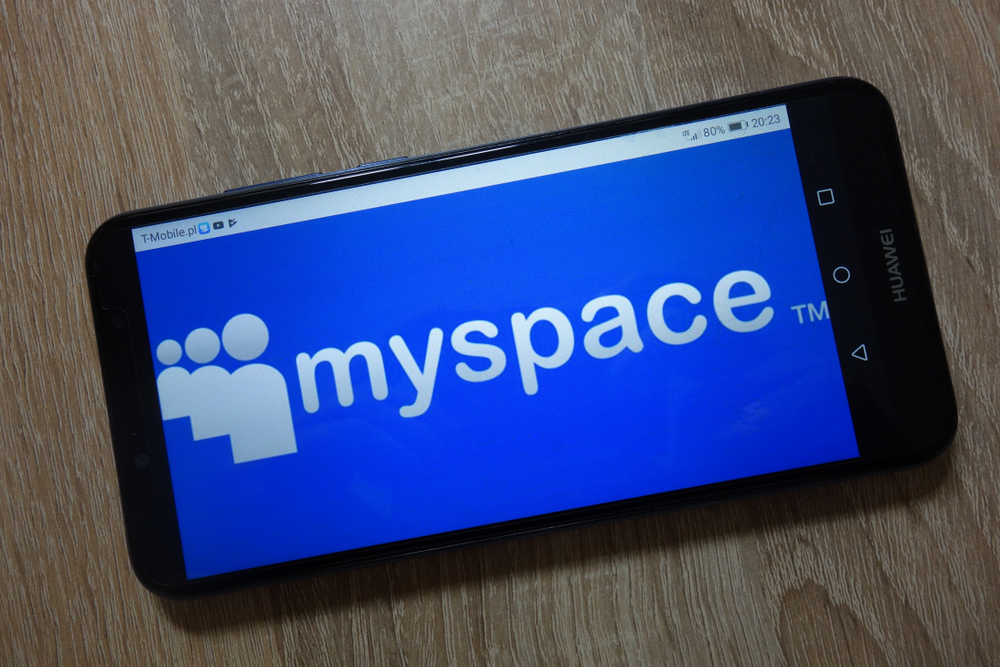
MySpace became the dominant social media platform in the early 2000s, boasting millions of active users before Facebook took over. It allowed users to personalize their profiles with custom layouts, music, and photos. MySpace was more than just a social network—it was a digital expression of identity. Looking back, it’s surreal to see how much of the internet’s social fabric has evolved since MySpace’s reign.
One of MySpace’s major features was the “Top 8,” where users could rank their friends. This feature became the subject of much debate and drama, leading to its eventual removal. MySpace’s success was short-lived, though, as Facebook’s clean interface and greater appeal to a wider audience led to its downfall. It remains a nostalgic symbol of early social media, though it now exists only as a forgotten relic of the past.
The Launch of YouTube
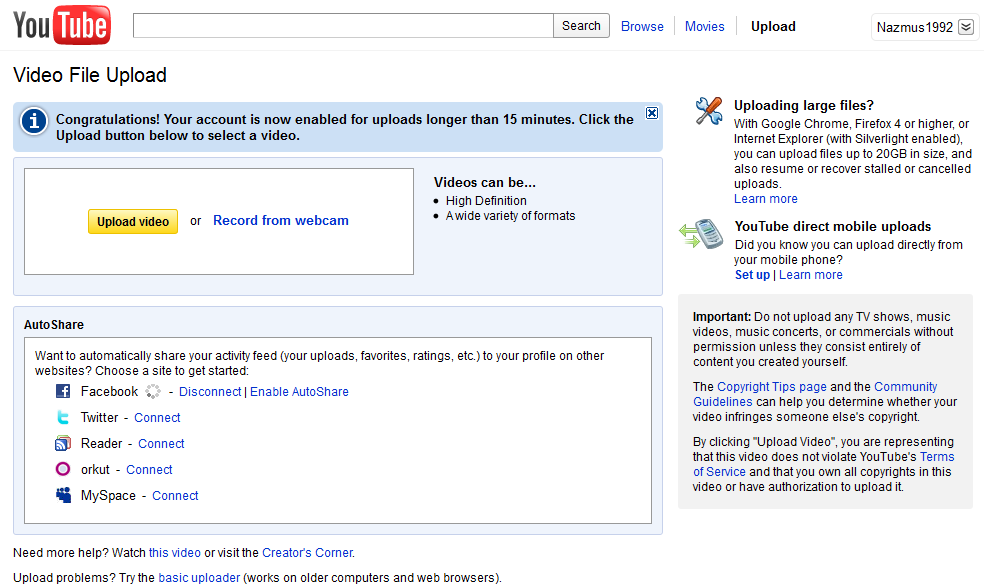
YouTube was launched in 2005, marking a monumental shift in how we consumed video content. Before YouTube, online video sharing was limited and often clunky. With YouTube, anyone could upload videos, making the internet a platform for user-generated content. The idea of watching videos on demand, rather than through cable TV, was revolutionary at the time.
YouTube quickly became the go-to platform for entertainment, tutorials, and viral videos. In the early days, it was filled with quirky and amateur videos, many of which went viral and are still remembered today. YouTube’s ability to democratize video content transformed how we engage with media. The platform has now grown into a global giant, but its simple origins remain a fascinating moment in internet history.
The Launch of Facebook
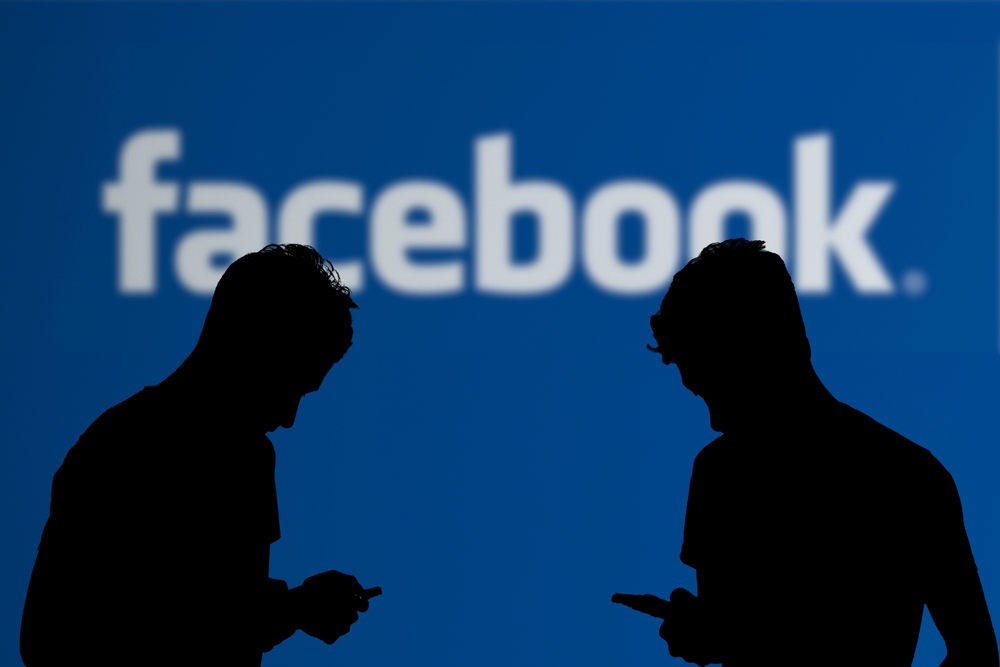
In 2004, Mark Zuckerberg launched Facebook, initially as a social network for Harvard students. The platform quickly expanded to other universities and, eventually, to the general public. Facebook’s clean design and easy-to-use features made it the new standard for social media. The idea of connecting with friends from around the world through a single platform seemed surreal at the time, especially compared to the cluttered profiles on MySpace.
Facebook’s early days were marked by users sharing personal updates, photos, and connecting with old friends. Over time, it grew to incorporate features like news feeds and groups, completely changing the way people interacted online. Today, Facebook is a global giant, but it’s interesting to think about how it all started with a simple idea to connect college students. The transformation of Facebook from its humble beginnings to its current status is a prime example of how the internet evolves.
The Birth of Google Search

Google, launched in 1998, quickly transformed from a simple search engine into an indispensable tool. Before Google, people relied on other search engines like Yahoo and AltaVista, which often returned irrelevant results. Google’s algorithm, which focused on relevance and quality of results, changed everything. In the early 2000s, it felt like a futuristic leap, with its ability to deliver accurate results almost instantly.
As Google grew, it expanded into email services, maps, and other tools, becoming an essential part of everyday life. At the time, the idea of searching for anything and everything online was still a novel concept. Today, it is impossible to imagine the internet without Google, as it dominates the search engine market. The impact of Google’s search engine on how we navigate the web cannot be overstated, and its success is a defining moment in internet history.
The Launch of Wikipedia

Wikipedia was launched in 2001 as a free, user-editable online encyclopedia. The idea of a collaborative, crowd-sourced knowledge base was groundbreaking at the time. Before Wikipedia, online information was mostly static and difficult to access. The idea that anyone could contribute to an article was both exciting and a little unnerving, but it quickly became a trusted resource for millions.
Over the years, Wikipedia has grown into one of the largest and most frequently visited websites in the world. Its open-source model has transformed how we approach knowledge sharing, allowing information to be updated in real-time. The early 2000s saw the rise of this platform, which challenged traditional encyclopedias. Looking back, it is surreal to think that Wikipedia began as a small experiment and has now become an integral part of our digital lives.
The iPod and iTunes Revolution

The launch of the iPod in 2001 and iTunes shortly thereafter changed how we consumed music forever. Before these products, music was largely tied to physical media like CDs and tapes. The iPod’s ability to store thousands of songs in a compact device seemed futuristic. Coupled with iTunes, which allowed users to buy and download songs legally, it made music more accessible than ever before.
The iPod and iTunes revolutionized the music industry, pushing digital downloads to the forefront. The idea of carrying around an entire music library in your pocket was mind-blowing at the time. Today, streaming services like Spotify and Apple Music have surpassed the iPod, but its impact on how we listen to music remains undeniable. It is surreal to think that the iPod, once a groundbreaking product, has now been replaced by smartphones.
The Emergence of Internet Forums
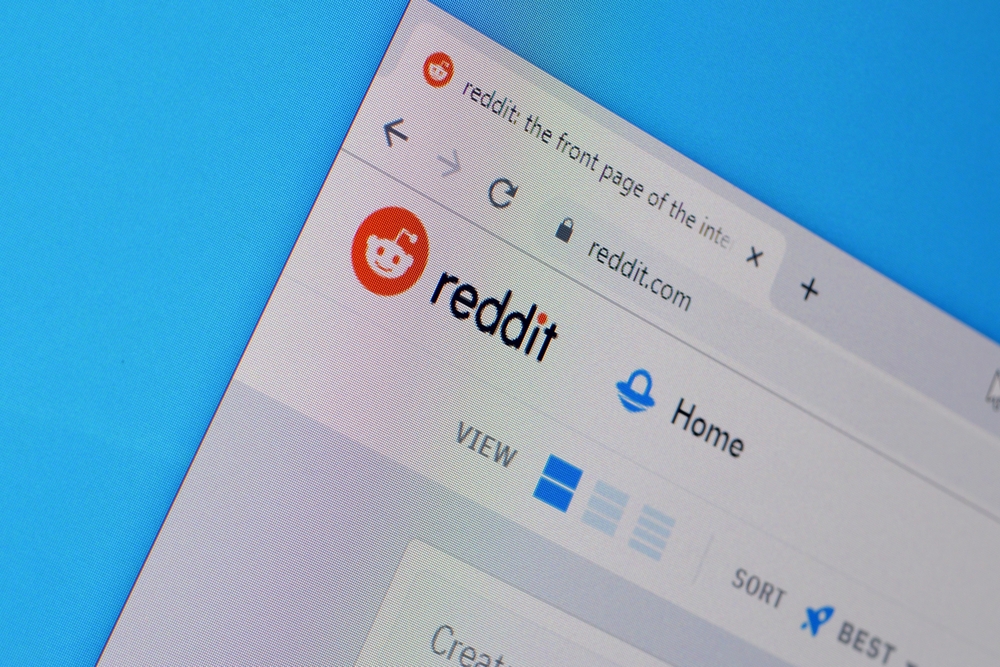
In the early 2000s, internet forums were one of the primary places where online communities formed. These forums, like Reddit, Something Awful, and 4chan, became hubs for discussions on everything from gaming to politics. Forums allowed people to connect with like-minded individuals, share ideas, and debate topics, all while remaining anonymous. It was a time when the internet truly felt like a vast, open space for exploration and interaction.
Forums played a critical role in shaping the early online culture, influencing everything from memes to digital activism. They allowed users to create subcultures and niche communities that could thrive outside the mainstream. Though social media has largely replaced forums as the dominant form of online communication, the sense of community they fostered remains a nostalgic element of early internet history. It’s hard to imagine a time when forums were the go-to for most online interaction.
This article originally appeared on Avocadu.
